PEOPLE
Postdoctoral Scholars
We are proud to support exceptional postdoctoral researchers as they expand their research interests and experience in the vibrant and growing Chicago data science community.
The Postdoctoral Scholars Program at the Data Science Institute offers fellowships for Postdoctoral Scholars who wish to deepen their knowledge of cutting-edge data science and computing research while developing additional expertise in a specific, applied problem domain. For more information about how to apply to the program, please visit the Fellowships page.
DSI Postdoctoral Scholars
-
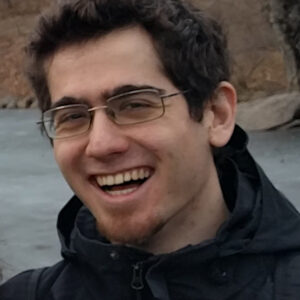
Vasilis Charisopoulos
Postdoctoral Scholar, Data Science Institute -

Patricia Chiril
Postdoctoral Scholar, Data Science Institute -

Yo Joong “YJ” Choe
Postdoctoral Scholar, Data Science Institute -
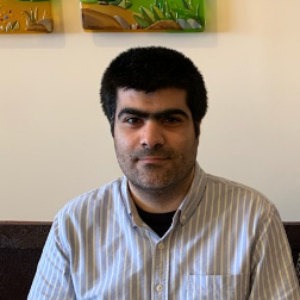
Seyed A. Esmaeili
Postdoctoral Scholar, Data Science Institute -
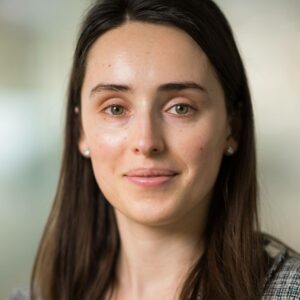
Cristina Garbacea
Postdoctoral Scholar, Data Science Institute -

Chong Liu
Postdoctoral Scholar, Data Science Institute -
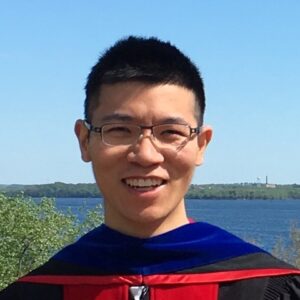
Yuetian Luo
Postdoctoral Scholar, Data Science Institute -

Rituparno Mandal
Postdoctoral Scholar, Data Science Institute -

Jonatas Marques
Postdoctoral Scholar, Data Science Institute -

Isaac Mehlhaff
Postdoctoral Scholar, Data Science Institute -

Riley Tucker
Postdoctoral Scholar, Data Science Institute and Mansueto Institute for Urban Innovation
Data Science Preceptors
-
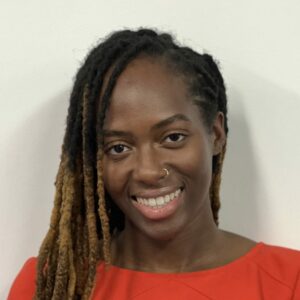
Evelyn Campbell
Preceptor, Data Science Institute -

Amanda Kube
Preceptor, Data Science Institute -
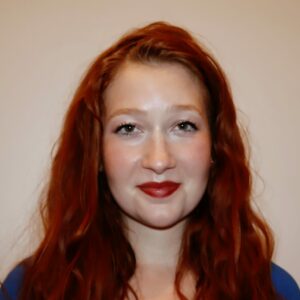
Susanna Lange
Preceptor, Data Science Institute -

Satadisha Saha Bhowmick
Preceptor, Data Science Institute -
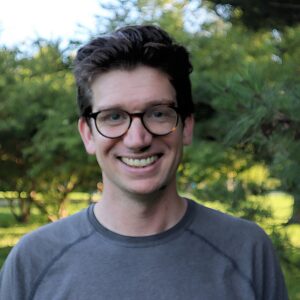
Bill Trok
Preceptor, Data Science Institute
Eric and Wendy Schmidt AI in Science Postdoctoral Fellows
-

Anthony Badea
Eric and Wendy Schmidt AI in Science Postdoctoral Fellow -

Thomas Callister
Eric and Wendy Schmidt AI in Science Postdoctoral Fellow -
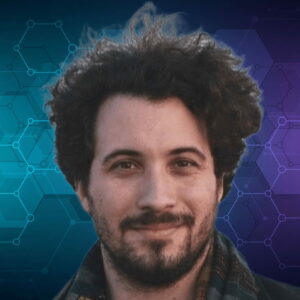
William Denault
Eric and Wendy Schmidt AI in Science Postdoctoral Fellow -

Rui Ding
Eric and Wendy Schmidt AI in Science Postdoctoral Fellow -

Martin Falk
Eric and Wendy Schmidt AI in Science Postdoctoral Fellow -

Adam Fouda
Eric and Wendy Schmidt AI in Science Postdoctoral Fellow -

Ritesh Kumar
Eric and Wendy Schmidt AI in Science Postdoctoral Fellow -

Peter Lu
Eric and Wendy Schmidt AI in Science Postdoctoral Fellow -

Aditya Nandy
Eric and Wendy Schmidt AI in Science Postdoctoral Fellow -

Ludwig Schneider
Eric and Wendy Schmidt AI in Science Postdoctoral Fellow -
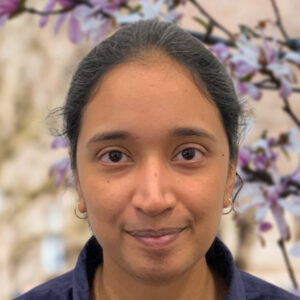
Shailaja Seetharaman
Eric and Wendy Schmidt AI in Science Postdoctoral Fellow -

Jordan Shivers
Eric and Wendy Schmidt AI in Science Postdoctoral Fellow -
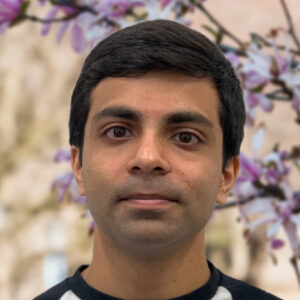
Ramanujan Srinath
Eric and Wendy Schmidt AI in Science Postdoctoral Fellow -

Colm Talbot
Eric and Wendy Schmidt AI in Science Postdoctoral Fellow -

Madeleine Torcasso
Eric and Wendy Schmidt AI in Science Postdoctoral Fellow -

Georgios Valogiannis
Eric and Wendy Schmidt AI in Science Postdoctoral Fellow -
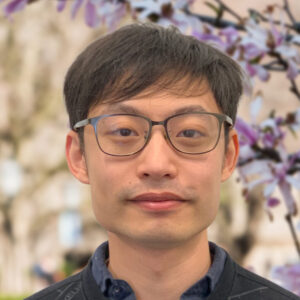
Yihang Wang
Eric and Wendy Schmidt AI in Science Postdoctoral Fellow
Former Postdoctoral Scholars
-
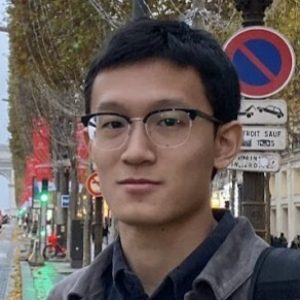
Shi Feng
Postdoctoral Scholar, Alignment Research Group, New York University; Starting Fall 2024 Assistant Professor at George Washington University -

Dylan Fitzpatrick
Research Director, University of Chicago Crime Lab -
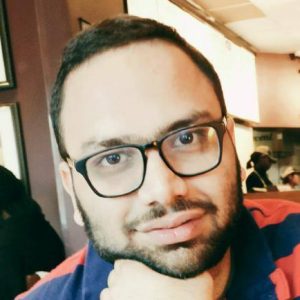
Sainyam Galhotra
Assistant Professor, Computer Science, Cornell University -
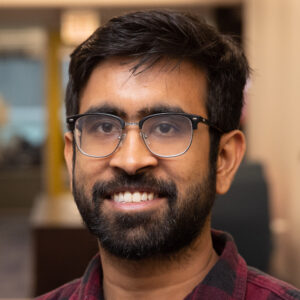
Tarun Mangla
Assistant Professor, Computer Science and Engineering, IIT Delhi -
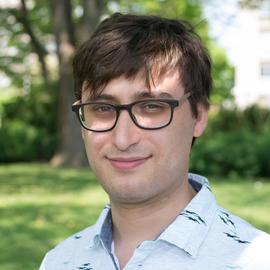
Jeffrey Negrea
Assistant Professor, Department of Statistics, University of Waterloo -

Jamie Saxon
Senior Software Engineer, Mapbox -

Judit Prat Marti
Nordita Postdoctoral Fellow, Nordic Institute for Theoretical Physics, University of Stockholm